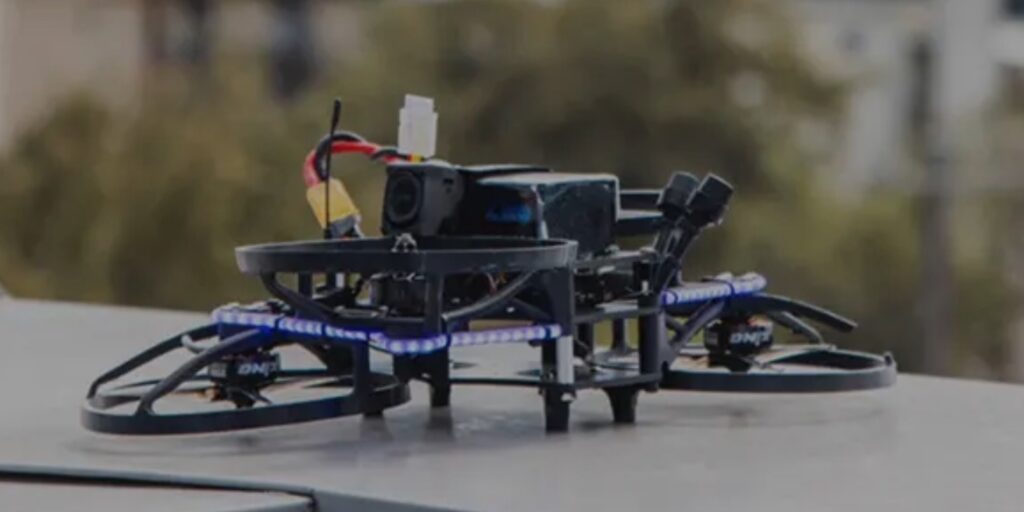

Florida Turns to Armed Drones for School Security Amid Ongoing Shooting Crisis
Florida Turns to Armed Drones for School Security Amid Ongoing Shooting Crisis
TALLAHASSEE, Fla. — As America continues to wrestle with deadly school shootings, Florida has unveiled a controversial solution: armed drones. Governor Ron DeSantis has authorized the installation of rapid-reaction “killer drones” in three school districts, a trial program that could soon expand statewide.
The move comes in response to a grim reality. Since 2018, Florida has endured more than 60 school shootings, leaving parents and educators demanding stronger protections for children. Yet, with lawmakers deeply divided on gun reform and resistant to tightening firearm restrictions, state leaders are turning to technology instead.
Drones on the Front Lines
The system, developed by a Texas-based start-up called Campus Guardian Angel, deploys attack drones programmed to launch within five seconds of a panic button being pressed. Each unit is designed to reach a threat anywhere on campus within 15 seconds—a critical window, experts say, when most casualties occur.
“Speed is everything,” said Bill King, the company’s chief tactical officer. “We’re trying to buy the time it takes for a human to get there. No matter where the assailant is, I want a box that can reach him within 15 seconds.”
Equipped with non-lethal options, including pepper pellets and glass-breaking tools, the drones are intended to distract, disable, or delay attackers until law enforcement arrives. Still, the project has ignited fierce debate over whether flying armed robots are a safeguard or a dystopian step too far.
A State Under Pressure
Florida’s experiment highlights the national struggle to balance student safety with America’s entrenched gun culture. While other states have focused on metal detectors, lockdown training, or adding school resource officers, Florida’s willingness to test armed drones puts it at the cutting edge of school security—albeit in a way that alarms civil liberties groups.
Critics worry about accidental injuries, technical malfunctions, or even misuse by overzealous staff. Supporters argue that with shooters often claiming lives in mere minutes, any tool that can buy time is worth considering.
What’s Next
The three-district pilot program will be closely watched in the coming months. If successful, Governor DeSantis has signaled he intends to expand drone deployment to all Florida public schools, making the state the first in the nation to rely on robotic security for its classrooms.
For parents, educators, and students, the stakes could not be higher. As one Naples mother put it: “I don’t want my daughter’s first line of defense to be a drone. But I don’t want her to be defenseless either.”